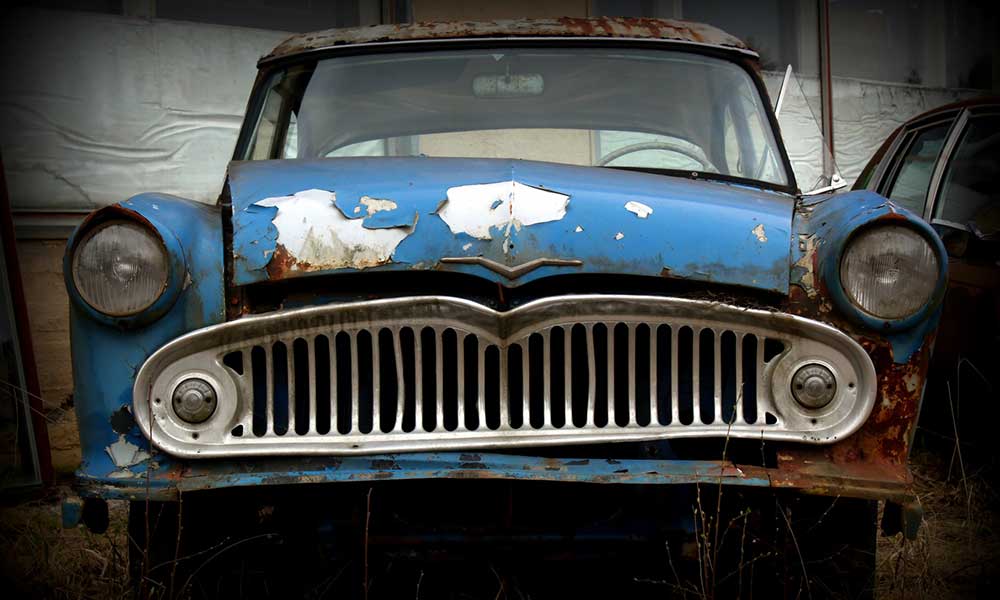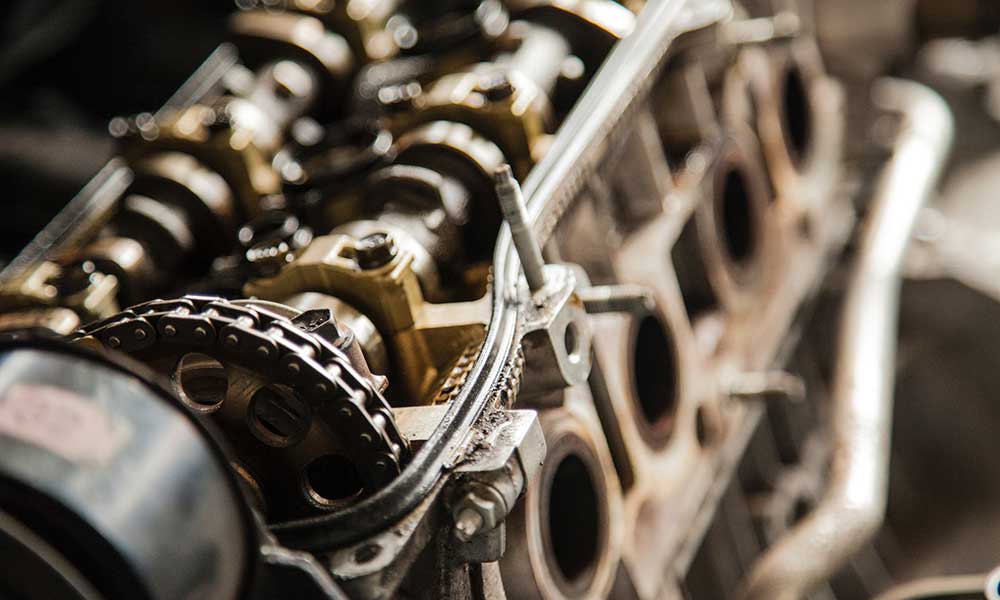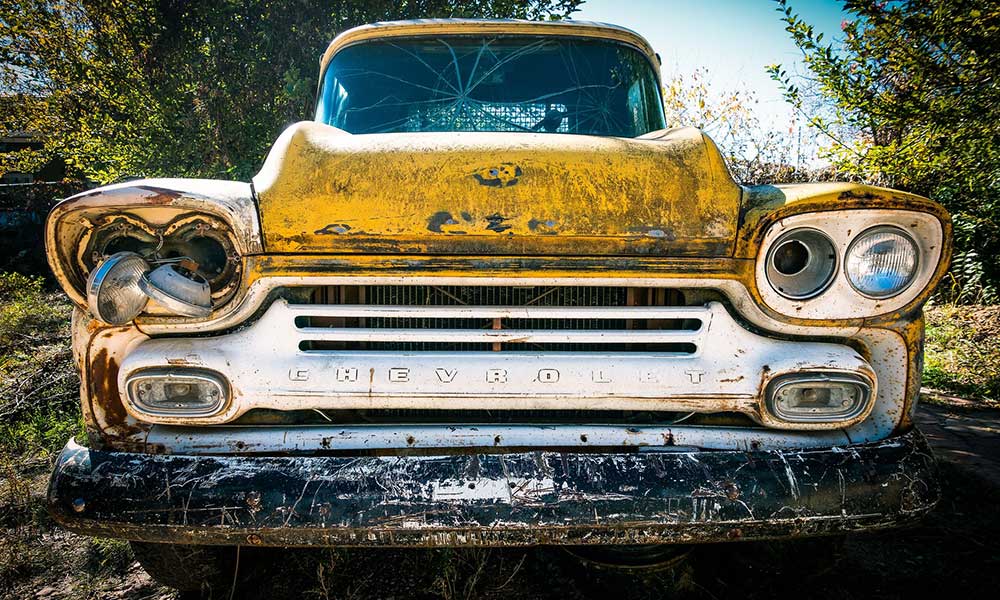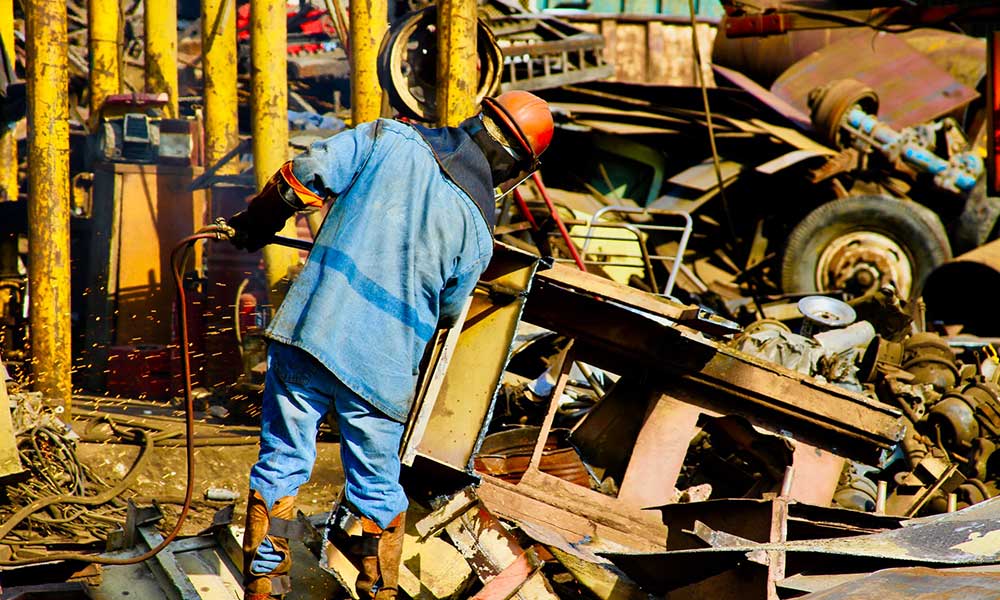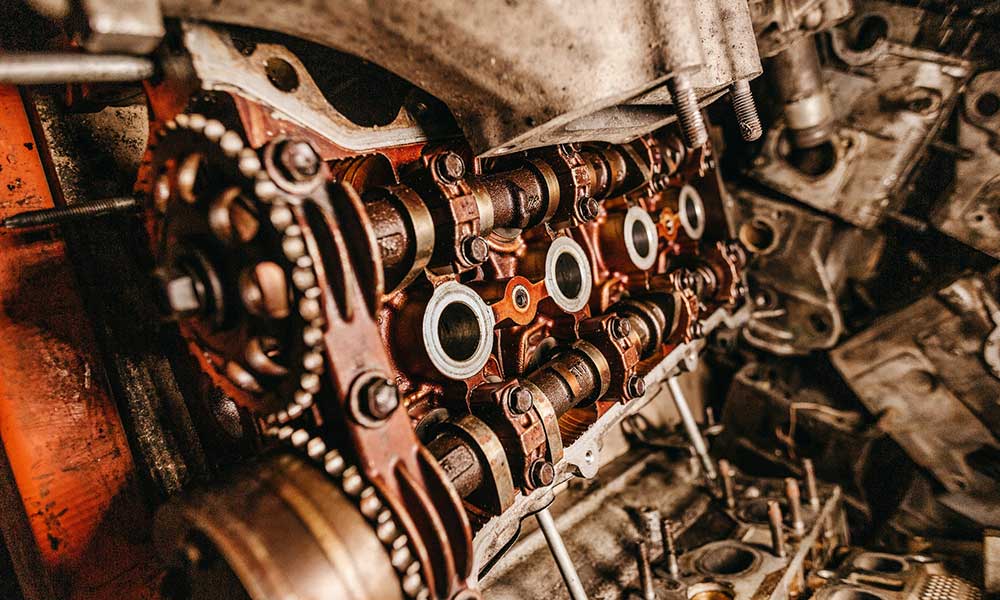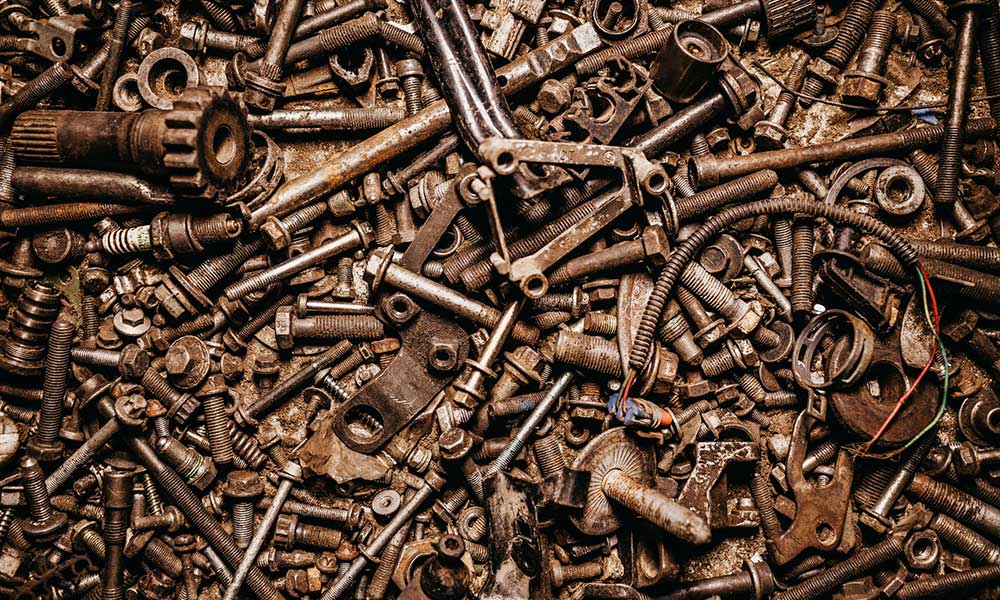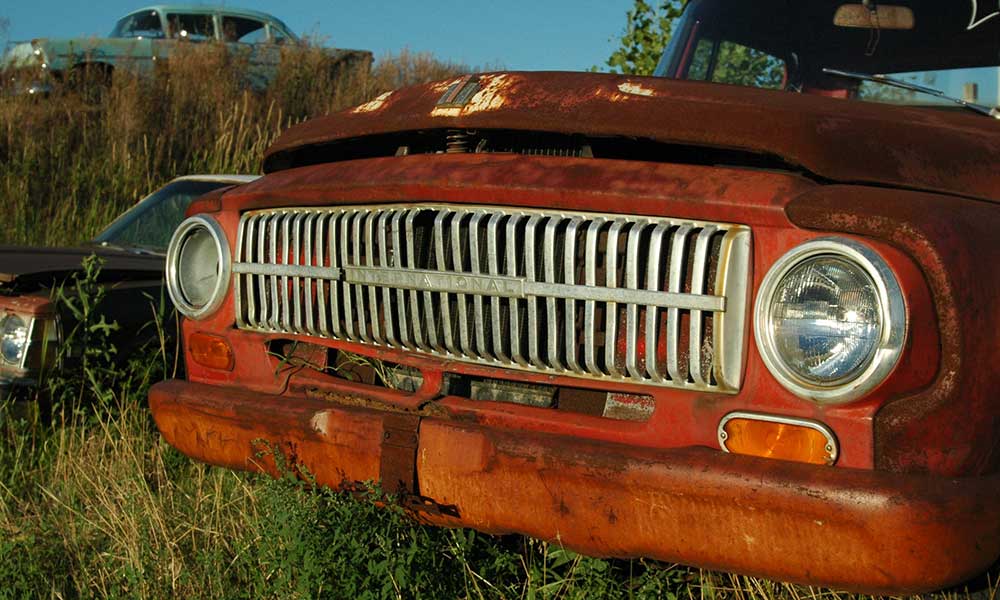Being a vehicle owner is more of a responsibility than many drivers realize.
Every car requires routine maintenance, but when the cost of repairs exceeds the value of your car, you’ve come to a crossroads.
Here are the different options you have if your car’s repair costs exceed the worth of your car.
Common Car Repairs
It’s normal for cars to require certain repairs or replacements, such as:
- Flat tire
- Oil change
- Spark plugs
- Air filters
- Scratches and dents
- Car battery
- Headlights or taillights
- Brake pads
Performing these car maintenance tasks help prevent you from paying astronomical amounts of money for more complex repairs, such as rebuilding an engine.
What If the Car’s Repairs Are More Than the Estimate?
If your car’s repairs are more than the estimate to fix your car, the first step is to shop around for repair quotes from other auto mechanics.
Get estimates from at least two other mechanics and compare the repair totals.
At the point you can make a the decision to the mechanic with the least expensive repair quote and fix your car or sell it to a junkyard.
What to Do with a Car That Costs Too Much to Fix?
If your car’s repairs are too expensive, you can attempt to trade in your vehicle or sell it to an establishment that gives you cash for junk cars.
You can also sell the vehicle as is and let someone else handle the repairs.
Should I Repair, Replace, or Trade in My Car?
When you receive a car repair estimate that exceeds the value of your car, you may be wondering if it’s worth it to repair it. Minimally, this may signal that your car is on its last legs,
You may consider trading it in or getting a new car before your car turns into a money pit.
Trading in Your Vehicle
If you’re considering trading in your vehicle that has mechanical issues, there are a few factors you need to consider.
Some dealers will accept the trade but don’t expect to get thousands of dollars for a subpar trade, which is why many people prefer to junk their car and get cash instantly.
The amount of money you receive for your vehicle depends on how extensive the damage is.
Buying a New Car
Buying a newer model car is a significant purchase, but this option becomes more appealing every time you think about your car’s expensive repairs.
An upfront $1,500 or more repair for a car that will need more repairs down the road seems ridiculous compared to a down payment and monthly payments for a new car that won’t need significant repairs for tens of thousands of miles.
Getting a new car is the more expensive option in the long run, but initially, it may just be the least costly option.
Weighing Your Options
Weighing your options can be more of a challenge than you anticipated. To make the most reasonable decision, consider the pros and cons of each option.
Fixing Your Car
Pros
- Quicker than shopping around for a new vehicle
- The cost of insurance remains the same
- You’re aware of the car’s history
- You don’t have to waste time advertising your car to sell it
Cons
- You’re stuck paying for expensive auto repairs
- You may be set back on paying your other bills
- There is the possibility of more expensive repairs in the future
Trading in Your Car
Pros
- Small down payment for a new car
- Lower purchase price of a more recent model car
- Quick purchase transaction
- Someone else pays for your car’s maintenance
Cons
- Limited Car Buying Options
Buying a New Car
Pros
- Your purchase can include maintenance and warranties
- Newer model vehicles have advanced safety features
- Improved longevity
Cons
- Long-term financial commitment
- Higher insurance premium
- Increased vehicle taxes
Is it Worth Replacing a Car Engine?
Having a car that’s out of commission is more than an inconvenience.
A car that’s not in proper working order indicates one or multiple repairs that need to be made.
When your car’s engine is the culprit, you have various factors you need to consider. Start with talking to a trusted mechanic and weighing the price of the fixes with getting a new car.
Is Replacing a Car Engine a DIY Job?
Repairing or replacing your engine is not a do-it-yourself job unless you’re a certified mechanic.
It’s best to have the job completed by a mechanic to ensure the job is done correctly and avoid unnecessary repairs.
How Much Is It Going to Cost?
Replacing a car engine is among the most expensive car repairs. You need to factor in the cost of labor and the cost of the parts to replace the engine. In general, the replacement of a four-cylinder engine can range between $4,000 and $5,000. A more powerful engine, such as a V6 or V8 engine, may be twice as much to replace.
How Much Money Will I Get If My Car Is Totaled?
Before you start counting your coins, you need to determine if you have a car that’s considered a total loss or “totaled.” You have a totaled car if:
- The damage your vehicle sustained can’t be safely repaired
- It costs more to repair your car than its actual value
- Your state’s regulations dictate the amount of damage your vehicle can sustain before it’s considered a total loss
Determining the Worth of a Totaled Car
To determine the worth of your totaled car, use Kelley Blue Book to find the worth of your car in fair condition.
Take 20 percent of the actual value of your vehicle in fair condition and use it as a base amount for the total amount of money you’ll receive for your car.
You may receive more cash for your vehicle, but the base amount gives you an ideal sum of what you can expect to receive.
The bottom line is repair costs that exceed the value of your car’s worth are a deal-breaker in most situations. There’s no sense in keeping a car you can’t use.

